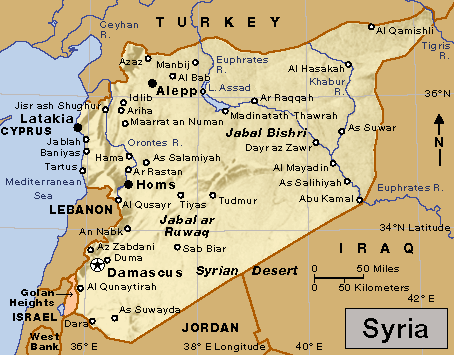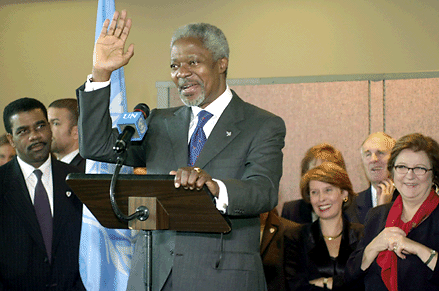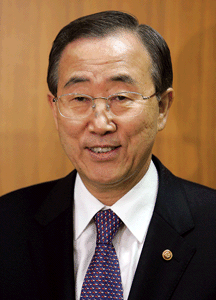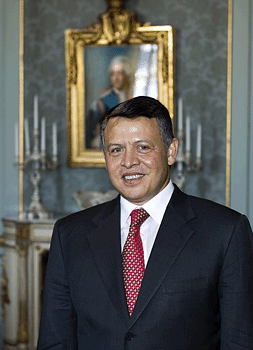Syrian President Appears to have Fled Damascus
Thursday, July 19th, 2012July 19, 2012
Syrian President Bashar al-Assad has reportedly left Damascus, the capital, for the coastal city of Latakia to direct the defense of his regime. Latakia is the heartland of his minority Alawite sect, an offshoot of Shi`ite Islam. Alawites dominate the Syrian government, military, and business community.
In Damascus, government troops remain in a standoff against armed rebels. Artillery, helicopter gunships, and tanks are being deployed in the southwest and northeast sections of the city, and civilians are being ordered out of these neighborhoods. In an announcement issued by the Syrian state news agency, the armed forces stated that it would “decisively” eliminate “the criminal and murder gangs, chasing them out of their rotten hide-outs wherever they are until clearing the homeland of their evils.” Fighting began in Damascus on July 15, one day after the Geneva, Switzerland-based International Committee of the Red Cross declared that it viewed the conflict in Syria as a full-blown civil war.
Yesterday, three high-ranking Syrian officials–the defense minister, the deputy chief of staff of the Syrian military, and the head of the crisis management office–were killed in a massive bomb attack at National Security Headquarters in Damascus. The deputy chief of staff, General Assef Shawkat, was President Assad’s brother-in-law. The rebel Free Syrian Army claimed responsibility.
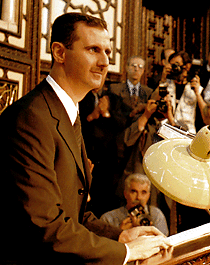
Bashar al-Assad became president of Syria in July 2000. AP/Wide World
In Washington, D.C., U.S. Defense Secretary Leon E. Panetta described the situation in Syria as “rapidly spinning out of control,” and he warned Assad’s government to safeguard its large stockpile of chemical weapons. At the United Nations (UN) in New York City, Russia and China for a third time vetoed a UN Security Council resolution calling for tougher sanctions on Syria. More than 16,000 people are believed to have been killed since the uprising in Syria began in March 2011.
Additional World Book articles:
- Middle East: From Fall to Spring (a special report)
- Syria 2011 (a Back in Time article)

